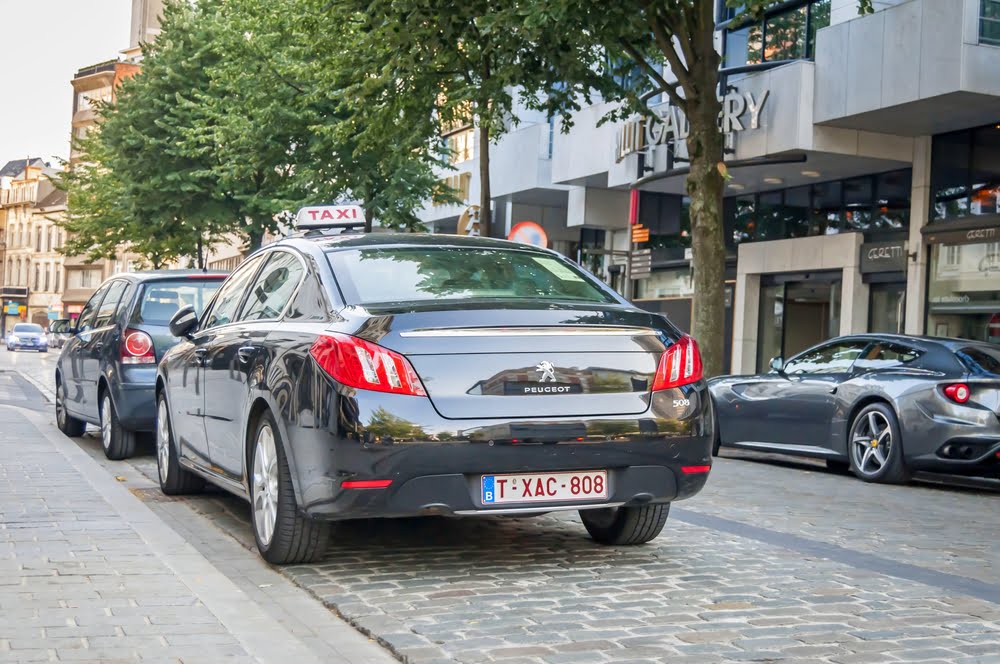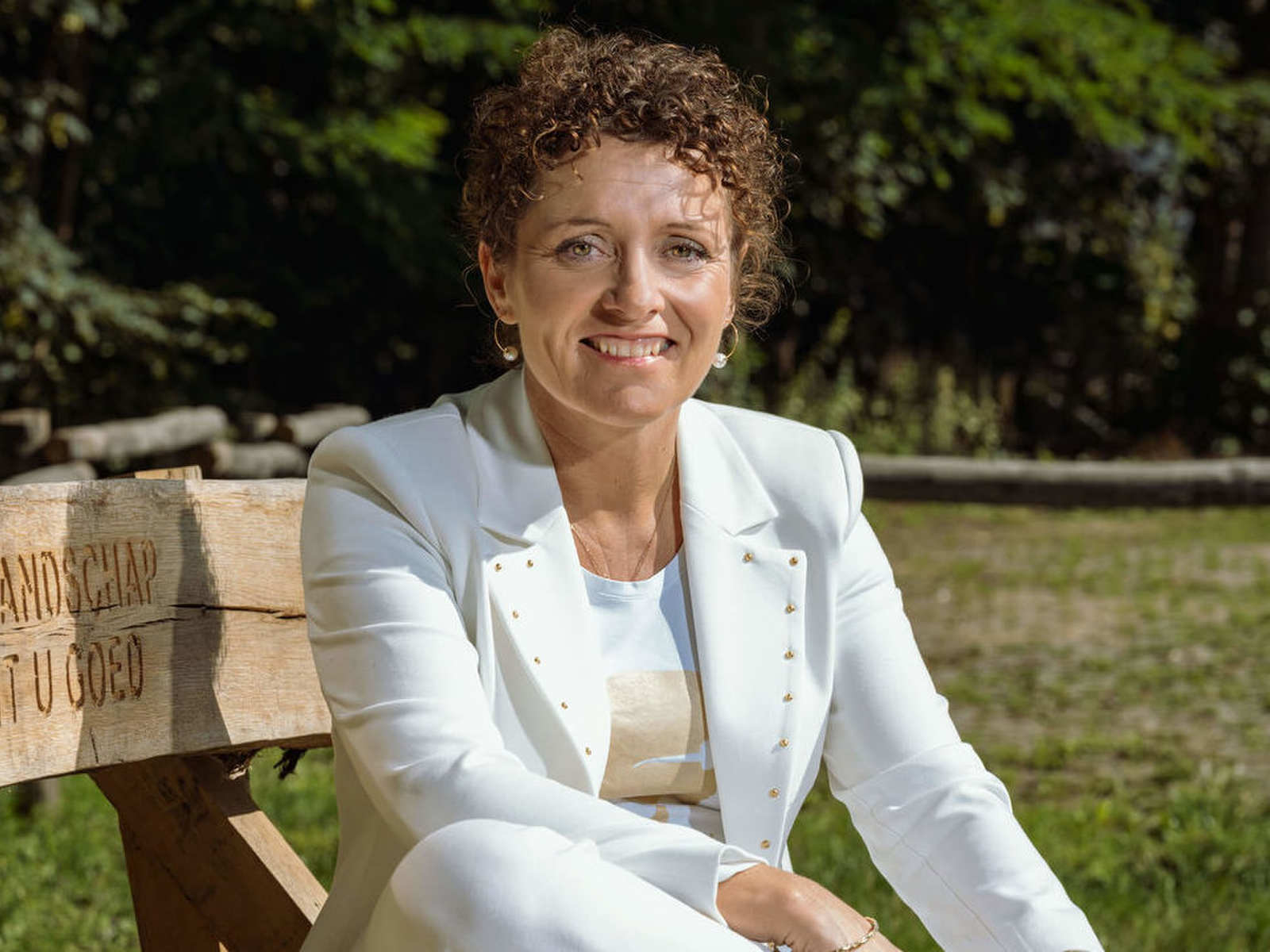Do Minister Peeters and MOW want to get customized transport from De Lijn again?
The MORA's passenger mobility committee is currently working on an advice on a draft decision of the Flemish Government regarding the Flemish Transport Authority. In the context of these discussions, we learned from the cabinet of Minister Peeters that De Lijn would suddenly play a much more important role in the start-up of the network of tailor-made transport.
For the National Group of Companies with Taxi and Location Vehicles with driver, in short GTL extension, that's a bizarre turnaround. From the start of the discussions on the switch from basic mobility to basic accessibility, it was assumed that the network of tailor-made transport would operate under neutral tactical and operational management. Operational management would be in the hands of a “neutral” mobility center (Hoppin).
delays
According to GTL, the start-up of basic accessibility has suffered successive delays. Now the minister seems to be bending, by putting the reins back in the hands of De Lijn. The taxi sector is not served by this. GTL would like to recall the original goal of the reform: to make public transport more demand-driven in order to offer an appropriate transport solution to everyone. In other words, guaranteeing a real “basic accessibility”, without blind spots in the transport offer, but also without underused lines and empty buses at certain hours. How? By supplementing the regular transport offer with subsidized public transport taxi services.

GTL believes it is aware that De Lijn has not managed to organize an efficient demand-driven transport offer in Flanders with its own dial-up bus system in the past 20 years, while this already existed in the Netherlands and the Scandinavian countries. The organization argues that it is not the Flemish Transport Authority, but De Lijn that would be appointed by the minister to contract all forms of transport.
subsystems
In concrete terms, this concerns the contracts with the operators of buses, collective taxis, etc. for the core network, the supplementary network and the Custom Transport. As far as sub-systems are concerned, a choice still has to be made regarding the exact implementation and contracting. The cabinet, the MOW Department and De Lijn are currently in full discussions with regard to these possible shifts in the division of tasks. All activities related to basic accessibility communication have been suspended for the time being until there is more clarity about the division of tasks.
The only major change that remains, seems to be the entry into force of the Hoppin power station.




